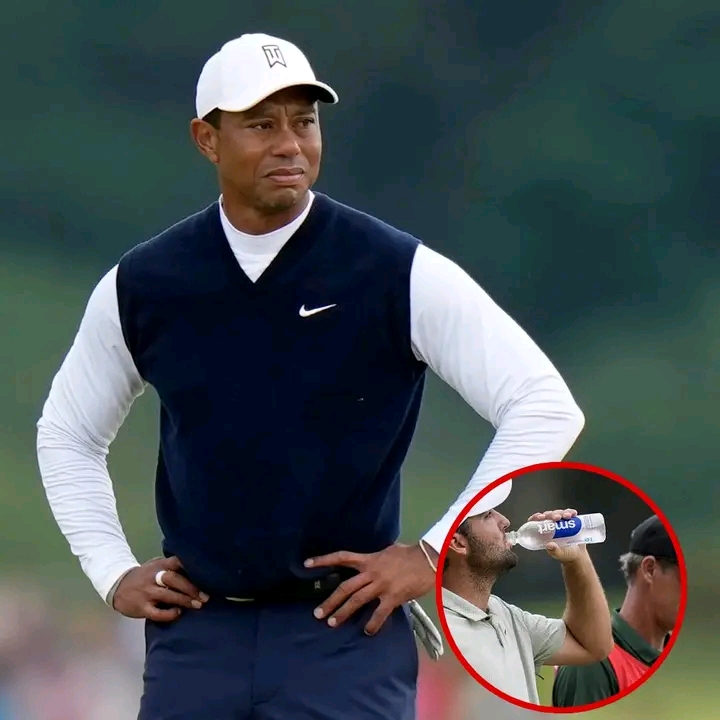Scottie Scheffler’s millionaire caddie angers fans after earning more than Tiger Woods this year:…..FULL DETAILS BELOW 👇⬇️
Scottie Scheffler’s millionaire caddie angers fans after earning more than Tiger Woods this year:…..FULL DETAILS BELOW 👇⬇️

Scottie Scheffler’s Millionaire Caddie Sparks Controversy Over Earnings
In the world of professional golf, caddies have long been an integral yet often unsung component of a player’s success. However, recent revelations about Scottie Scheffler’s caddie, Ted Scott, have ignited a firestorm of debate and controversy. The crux of the issue? Scott has reportedly earned more in a single year than Tiger Woods—an amount that has not only stunned fans but also led to accusations that being a caddie is the most overrated job in sports history.
Ted Scott, who began caddying for Scheffler in 2021, has had an exceptional year alongside the rising star. Reports indicate that Scott’s earnings from his role as Scheffler’s caddie have surpassed even the legendary Tiger Woods’ total earnings in 2024. This startling figure comes from the substantial percentage caddies typically earn from their player’s winnings—usually 5-10% of the prize money.
Scheffler, who has been on a winning streak, amassed several high-profile victories, including major tournaments, contributing to Scott’s inflated paycheck. Fans and analysts alike have been quick to compare this windfall to Woods’ earnings, which include not just prize money but also endorsements and other revenue streams.
The financial disparity between a caddie’s earnings and those of one of the most iconic athletes in history has not sat well with many fans. Critics argue that while caddies play a crucial role in a golfer’s success, their earnings should not eclipse those of the player themselves, especially when the player’s achievements and endorsement deals far outstrip the caddie’s contribution.
This controversy has led to a broader discussion about the value and perception of caddying. Detractors claim that the job is becoming overvalued and that the high earnings are disproportionate to the role’s perceived responsibilities. They argue that the job, while significant, is often glorified beyond its actual impact on a player’s performance.
On the other side of the debate, supporters of caddying argue that the profession deserves its due recognition. Caddies are not merely carrying clubs; they offer strategic advice, emotional support, and a level of insight into the game that can be pivotal. In high-stakes tournaments, their role in guiding and stabilizing a player’s performance is invaluable.
Ted Scott’s success story is also a testament to the skill and expertise required to excel in the profession. His track record with multiple players and his evident compatibility with Scheffler highlight the level of trust and skill involved. The high earnings reflect the market dynamics and the immense value brought to a player’s game.
This controversy raises important questions about how sports salaries are structured and perceived. It shines a light on the often-invisible roles that support the high-profile athletes we see in the spotlight. As the debate rages on, it underscores the complexities of sports economics and the evolving dynamics between athletes and their support teams.
Ultimately, whether one views it as an overhyped position or a well-deserved reward, the discussion about Ted Scott’s earnings has certainly put the spotlight on caddying in a way it hasn’t been before. It serves as a reminder that every profession, no matter how glamorous or undervalued, plays a crucial role in the larger ecosystem of sports.





